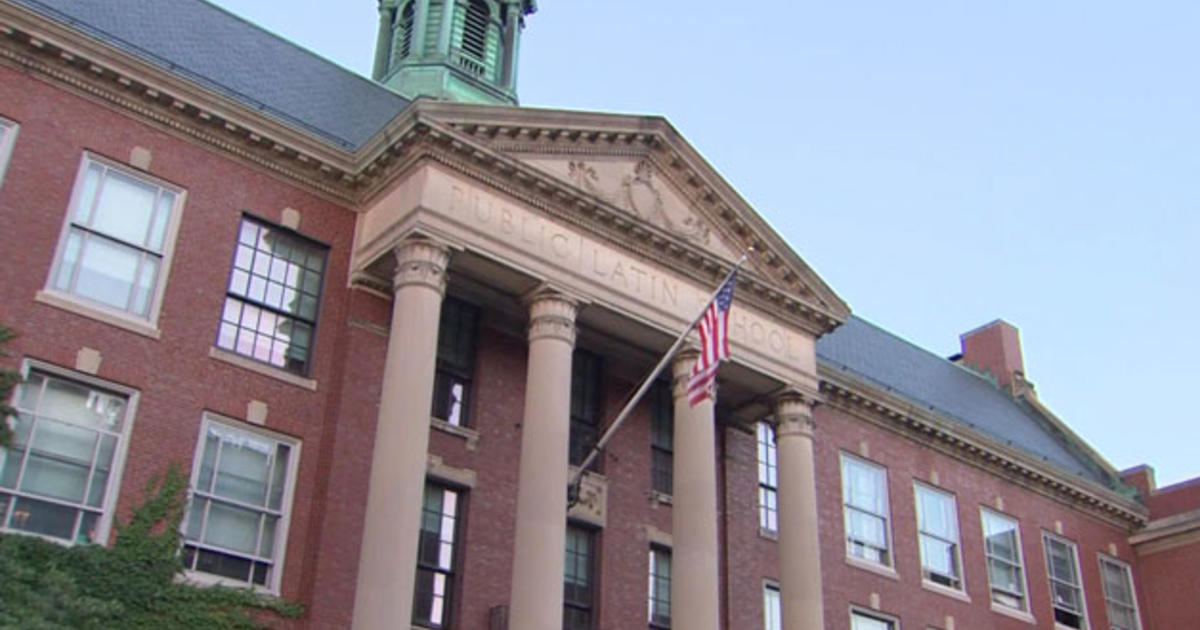Adele's MGH Doctor Describes 'State-Of-The-Art' Voice Surgery
BOSTON (CBS) - Adele's powerful voice and poignant message has made her the bestselling recording artist in years.
But, the British singer received devastating news last year. A benign polyp on her vocal cord required her to stop singing and come to Massachusetts General Hospital in Boston for surgery.
"We have generally tried to advance the state-of-the-art of voice surgery over the last 15 years, developing instruments, laser technologies, and the ability to do things that simply weren't done even 10 years ago, with very famous case of Julie Andrews," Dr. Steven Zeitels, director of the Center for Laryngeal Surgery, said.
Andrews, one of the most beloved stars of all time, lost her singing voice after a botched surgery with another doctor. She's now had four procedures with Dr. Zeitels and works with him on a voice restoration foundation.
Singers like Steven Tyler, Roger Daltry, Lionel Ritchie, and Cher have also come to Mass. General to see Dr. Zeitels.
"They're helping us get the word out, and that is what has been most gratifying recently with Adele's case, is the majority of the people who are seeking our help are sick, they have real serious issues going on," explained Dr. Zeitels.
Non-singing patients are now getting treated for cancer, badly blocked airways, or damage from a less skilled surgeon.
Singers like Adele, however, face physical risks just from performing.
"There is a saying that the show must go on," said Zeitels. "Just because they have some sniffles, which might have a big impact on swelling in vocal cords, they will proceed with the performance."
The Berklee College of Music in the Back Bay has helped launch the careers of singers like Melissa Etheridge, John Mayer, and Diana Krall. Today, part of their focus is to make sure vocal students protect their gift.
WBZ-TV's Kate Merrill reports
Professor Cathryn Wright goes through vocal exercises with students to develop their voices the right way, and appreciate vocal limitations.
"Popular music has change over the years," explained Wright. "In some singer's styles, there's a lot more grind and grittiness in the sound and that can produce tension that eventually debilitates the cords."
That is something any young singer with a big dream wants to avoid.



